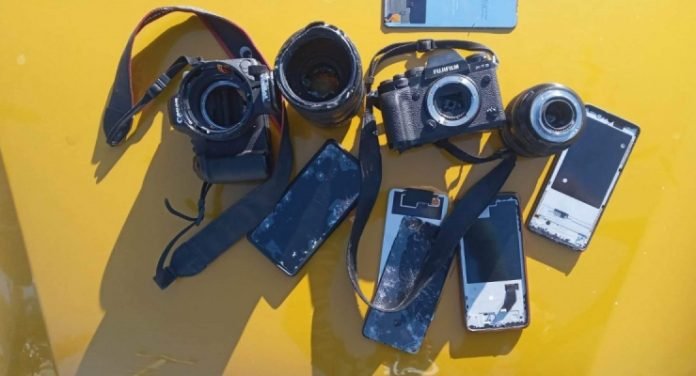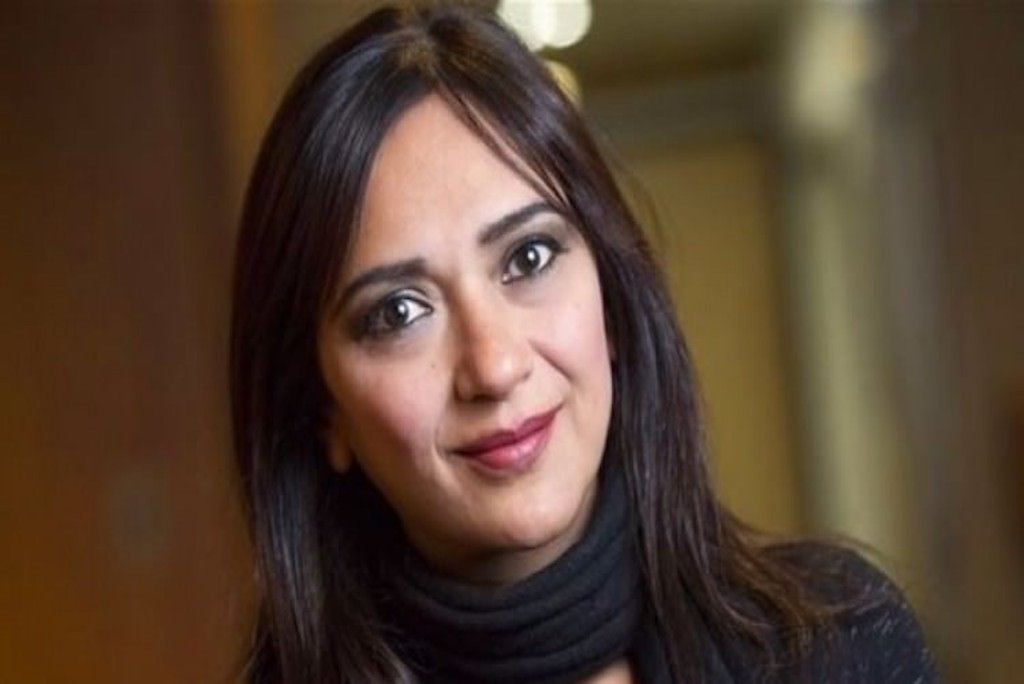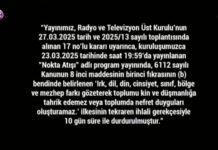Three Greek journalists who were in Turkey to cover the aftermath of massive earthquakes that struck the country last month say they will take legal action due to the destruction of their equipment by employees of Turkey’s Religious Affairs Directorate (Diyanet), Turkish Minute reported, citing the Media and Law Studies Association (MLSA).
The 7.8 and 7.5-magnitude earthquakes, which hit 11 Turkish provinces in the country’s south and southeast on Feb. 6, claimed over 50,000 lives, flattened entire cities and displaced millions of people.
Freelancers Kyriakos Finas, Victoras Antonopoulos and Konstantinos Zilos said they were warned by Diyanet staff accompanied by several gendarmes to avoid filming a mass burial site in the Antakya district of Hatay, one of the areas hardest hit by the powerful earthquakes, on Feb. 16.
Zilos, who had gone ahead of the others, didn’t hear the warning and photographed the burial site, MLSA said, adding that the journalists were then taken to an administrative building belonging to the Diyanet, where their cameras and equipment were confiscated.
After they waited outside the building for five hours and still weren’t given their equipment back, the three journalists returned to their hotel and contacted officials at the Greek Embassy.
On Feb. 17 the freelancers got in touch with Ali İmran Turgut, the Adana regional head of the Directorate of Communications, and were told they could pick up their equipment at the Diyanet building, located near the cemetery.
According to MLSA, the journalists’ three cell phones and two cameras, which they estimate to be worth a total of €4500 ($4,830), were handed over to them after being smashed to pieces.
On Feb. 21, after the freelancers returned to Athens, the “communications attaché” at the Turkish Embassy in Athens told them they would receive two new cameras as a “gift” from the state-run Anadolu news agency, but the Turkish officials reportedly didn’t follow through.
The MLSA quoted Antonopoulos as saying that both their equipment and the footage on their cameras were confiscated and thus, they would take legal action not only to seek compensation for their destroyed equipment but also for being prevented from doing their job.
“At a time when solidarity and the media are so important, there can be no legal or moral grounds for destroying journalists’ equipment. We will not only seek compensation for the damage but also file a criminal complaint to identify and punish the Religious Affairs officials who committed this crime,” Veysel Ok, co-Director of the MLSA, which is providing legal assistance to the journalists, also said.
According to Reporters Without Borders (RSF), 90 percent of the national media in Turkey, which was ranked 149th among 180 countries in the RSF’s 2022 World Press Freedom Index, is owned by pro-government businessmen and toe the official line.
Analysts say that the majority of Turkey’s media falling under the control of the government or its business allies in the wake of a failed coup in 2016 has led to years of self-censorship that became especially apparent during Turkish television’s coverage of the earthquake.
Some reporters for national channels interrupted live interviews when earthquake survivors began to complain about rescue delays.
Following the earthquakes, President Recep Tayyip Erdoğan and his Justice and Development Party (AKP) government were accused of poor performance in coordinating search and rescue efforts, mainly failing to mobilize enough people and a lack of coordination among the teams, which resulted in civilians in some regions trying to pull their loved ones from under the rubble themselves.















